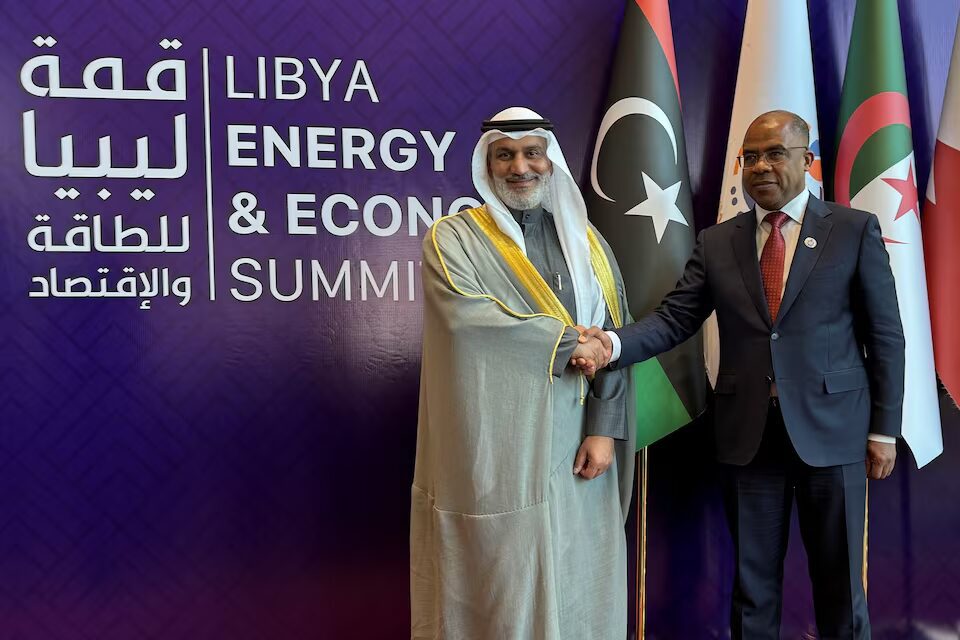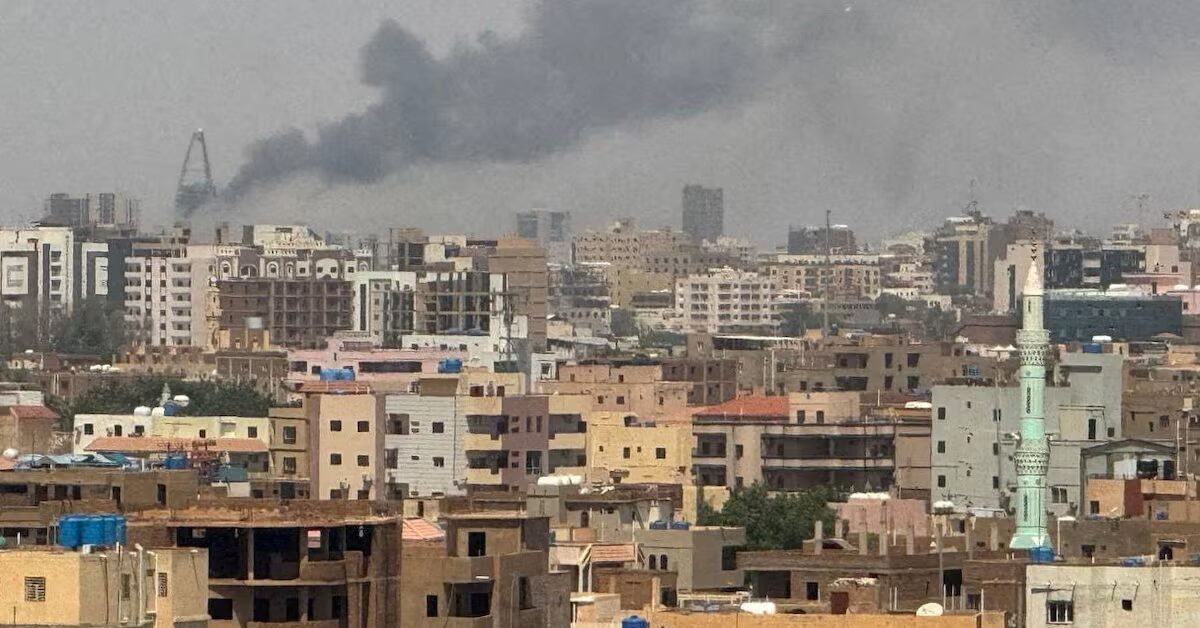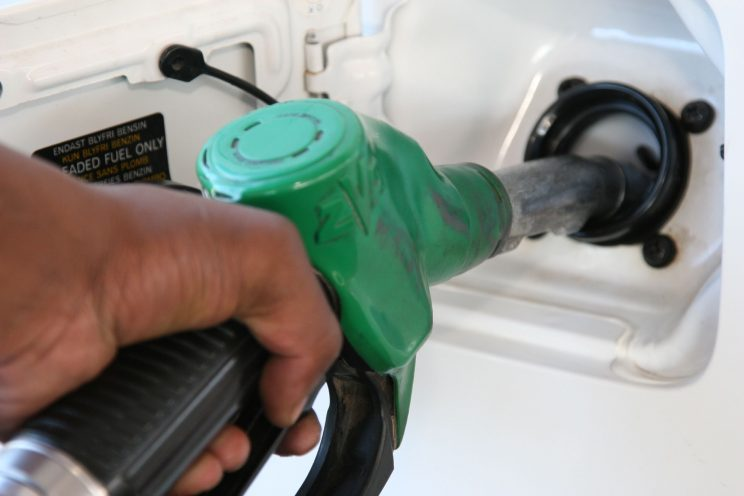
Friday, 26th September 2025.
by inAfrika Neswroom.
Afghan refugee team will play its first international tournament next month in Dubai. FIFA confirmed the FIFA Unites: Women’s Series for Oct 23–29 with four teams: the UAE, Chad, Libya, and the Afghan squad. The event gives displaced Afghan players a sanctioned stage after years without competition under the Taliban ban on women’s sport.
FIFA has been running global talent identification camps for months. Coaches built a 23-player list from refugees scattered in several countries. Most of the pre-2021 national team fled to safety after the Taliban returned to power and shut women’s sport. The Afghan refugee team now gathers under FIFA oversight with clear procedures for travel, registration, and match operations.
The Afghan refugee team announcement places Africa at the centre of the story. Two African national sides—Chad and Libya—join the hosts in Dubai. Chad’s federation sees the series as vital match practice before regional qualifiers. Libya’s staff want minutes for a young group that needs exposure and a safe environment to play. Both teams have struggled to secure consistent fixtures in recent years. The series offers them guaranteed games under stable logistics.
The Afghan setup is unusual for a FIFA event. Players are refugees, not representatives of the Kabul federation. FIFA designed the entry to avoid political blocks while giving women who fled a path back to elite sport. The model borrows from previous solidarity projects, but this is the first time an Afghan refugee women’s side will compete in a FIFA-organized tournament week. The symbolism is large. The approach also sets practical guardrails for visas, security, and insurance.
FIFA’s leadership framed the series as a signal on access and dignity. The organization says women must have equal chances to play, regardless of politics at home. The Dubai schedule includes training slots, media access, and medical support consistent with A-level friendlies. FIFA wants broadcasters to carry highlights to widen impact. It also expects national associations to use the week for staff development on women’s football operations.
For Africa, the series lands at a busy time for the women’s game. Nigeria won the continental title in July, and Morocco’s investment has lifted stadium standards and audience interest. Yet many federations still struggle with budgets, travel logistics, and regular match windows. A four-team series with fixed dates and neutral hosting can reduce friction and raise the floor for competition. It allows coaches to test lineups, build match fitness, and trial analysts in real time.
Chad’s football program has pushed to rebuild after administrative turbulence. The women’s side lacks long runs of matches. This series hands them a clear block of international minutes. Libya’s women’s team faces its own constraints, from limited facilities to travel hurdles. A neutral venue with guaranteed support services removes many barriers. Both teams say they will rotate younger players to deepen the pool before the next qualification cycle.
The Afghan refugee team arrives with a different burden. Players left homes, families, and careers to stay safe. Some study or work while training where they can. FIFA’s camps created a shared environment to measure fitness and rebuild trust. Coaches emphasize structure: simple patterns, clear roles, and conditioning to avoid injuries. The squad will target compact defense and quick transitions. Opponents expect intensity and emotion from a team playing for visibility as much as results.
Security planning shapes every day. Organizers will coordinate discrete transport, controlled hotel floors, and closed training sessions when needed. Players will have access to medical and mental-health support. The week’s schedule also includes education modules on safeguarding, media, and career planning. Those tools aim to help athletes handle attention that can swing from praise to online abuse. FIFA says it will apply its standard protocols on harassment reporting.
The Dubai platform also sends a message to domestic systems that restrict women’s sport. It shows that global bodies can create safe lanes for athletes without exposing them to immediate retaliation. It does not fix conditions inside Afghanistan. It does give a generation of players a jersey, a schedule, and a scoreboard again. For many, that is the difference between fading out and competing at a high level.
Questions remain. How long can a refugee squad compete? Will federations and leagues sign these players after the series? Can FIFA replicate the model in other sports or regions with similar bans? The answers will hinge on funding, legal clarity, and the willingness of host nations to cooperate. For now, October’s series has a date, a venue, and opponents. That is more certainty than these players have had in years.
Officials expect standard international rules: three group dates in a round-robin format or a two-matchday bracket, then a short final day. Squads will move between training and recovery with full medical support. Referees will come from outside the four teams to avoid conflicts. Match reports and data will publish as usual, adding tape for scouts and analysts. The small details matter when a team is building a program from scratch.
The significance is clear for Africa’s participants. Chad and Libya gain exposure and strong opponents without the usual travel risks. Their federations can benchmark staff and athletes against organized peers. If performances hold, sponsors may see enough momentum to back longer calendars. The day after the final whistle is when sustained progress starts. That means setting the next camp dates, keeping staff paid, and securing stadium slots. The work continues once Dubai ends


